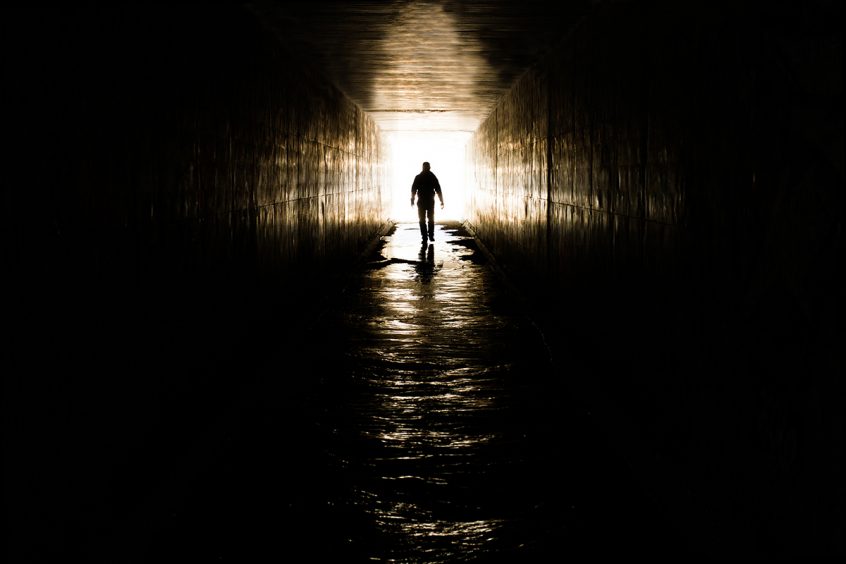I’ve discussed before the first habit of a good citizen – be informed. I’m back today for the second habit of a good citizen – get involved.
Democracy requires the active participation of its citizenry, and promises that what you say and do matters. In the words of the Declaration of Independence, governments derive their just powers from the consent of the governed, so it’s vital the governed not sit on the sidelines. We know there are forces that will tell you your voice doesn’t matter and the system is rigged against you. Just remember: the system only changes if we change it.
Where do we start? We vote. Voting is the cornerstone of democratic expression. It’s also just the beginning. Beyond the ballot box lie innumerable opportunities to change your community for the better. If it ever feels too hard – look around, and you’ll see countless examples of ordinary citizens doing extraordinary things for neighbor and nation. It reminds me of Margaret Mead’s quote: “Never doubt that a small group of thoughtful, committed citizens can change the world; indeed, it’s the only thing that ever has.” That is in fact precisely what we saw in Michigan in 2016.
After the 2016 election, Katie Fahey was frustrated. Gerrymandering – the act of redrawing district electoral maps to favor one party over another – was disempowering voters and fueling partisan divides. Instead of sitting on the sidelines, though, Katie decided to do something about it. She gathered together a small group of volunteers who collectively had NO political experience and started a grassroots movement, collecting over 425,000 signatures to support an amendment to Michigan’s constitution that would take redistricting power out of the hands of the governor and legislature and place it in the hands of an Independent Citizens Redistricting Commission. The amendment passed with 61% of the vote on November 6, 2018. This is not the tale of a distant hero. This is the story of an everyday citizen, like you and me, who dared to believe things could be different. That is democracy, where we hold our leaders accountable with our actions, our voices, and ultimately our votes.
Reject every cynic that would tell you change isn’t possible. In his farewell address to the nation, Ronald Reagan said that “All great change in America begins at the dinner table.” So let us have a different conversation next time we break bread. What change do we want? What change do we need to positively shape the future of this country for generations to come? This is how big movements begin; they all start small. The next big movement could start at your dinner table, or the next school board meeting, or the next family reunion, or maybe, just maybe, by reading a blog.
See you next time.

